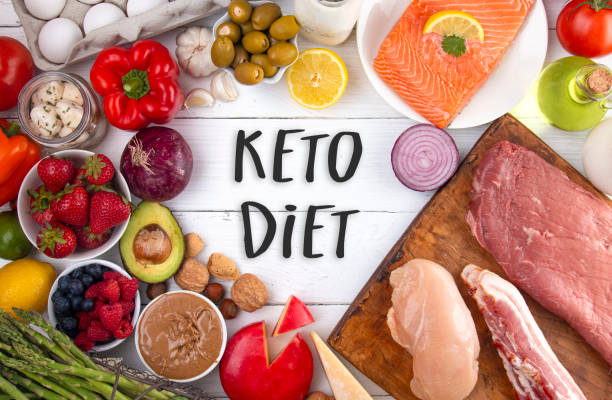Table of Contents
ToggleIn the world of ketogenic diets, where carbohydrates are strictly limited, the search for suitable alternatives to satisfy our sweet cravings becomes a paramount concern. This is where the significance of sweeteners on a keto diet comes into play. Sweeteners, despite their association with sugary indulgence, can serve as invaluable tools to maintain ketosis, the metabolic state in which the body primarily relies on fat for energy. By providing a desirable sweetness without the carbohydrates that would typically hinder ketosis, these sugar substitutes offer a solution to those pursuing a low-carb lifestyle.
However, understanding the role of sweeteners in maintaining ketosis is crucial to make informed choices and ensuring continued progress toward one’s health and weight management goals. This introductory exploration aims to delve into the impact of sweeteners on a keto diet, discussing their effects on blood sugar levels, potential benefits and drawbacks, and key considerations for incorporating them into a ketogenic eating plan.
Swerve
Swerve is a combination of erythritol and oligosaccharides. It’s not as sweet as sugar, so you’ll need to use more of it. It’s also safe for diabetics and people with IBS.
Erythritol

Erythritol, a sugar alcohol, occurs naturally in fruits and vegetables and is widely used as a sweetener in low-calorie products. With less than 0.2 calories per gram, erythritol is ideal for weight loss and keto diets (1 gram = 0.02 calories). Unlike other sugars, erythritol isn’t absorbed by your digestive tract. Instead, it passes undigested into the colon, where microbes break it down into short-chain fatty acids. These acids are then eliminated from your body as waste via feces or urine—resulting in zero calories!
Monk fruit
Monk fruit, a natural sweetener, has been used in Asia for centuries. The U.S. Food and Drug Administration states that monk fruit sweeteners are “low-calorie and low glycemic.” They do not affect blood sugar levels or insulin secretion by the pancreas.
Xylitol
Xylitol is a sugar alcohol. It’s about as sweet as sugar, but it does not cause cavities or tooth decay like other sugars do. This can make it an appealing option for people with teeth issues who want to avoid the negative effects of regular table sugar intake.
Final Thoughts
In conclusion, sweeteners play a crucial role in maintaining ketosis on a keto diet. They enable individuals to satisfy cravings without compromising ketosis by offering a sugar-free alternative to traditional sweeteners. Keto-friendly recipes, desserts, and beverages can incorporate sweeteners like stevia, erythritol, and monk fruit extract.
These options not only provide a sense of indulgence but also support weight loss and overall well-being. Sweeteners provide a practical solution for those transitioning to a keto lifestyle. They assist in overcoming the initial challenges of eliminating sugar from the diet.










